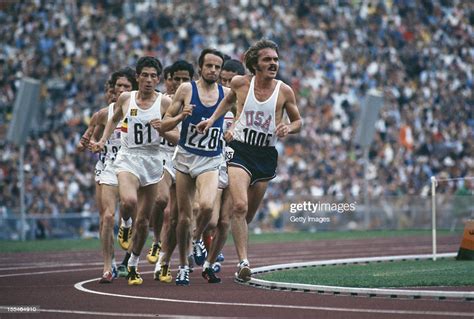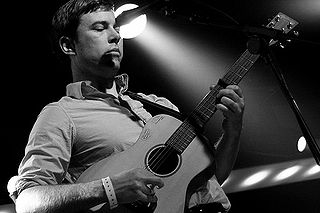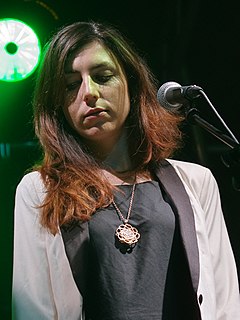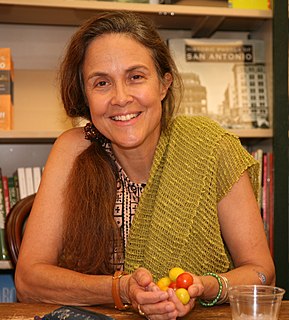A Quote by Steve Weinstein
The music and the philosophy feed off of one another on a subconscious level, though I've never really integrated my academic teaching into songwriting. But what they have in common is that they're both ways to tap into the mysterious parts of our world.
Related Quotes
The wonderful thing about the theater is that it can emphasize BOTH our diversity AND our common humanity. In many ways, the world of Shakespeare (or Aeschylus or Racine) is totally different from our world; and yet any human being can look through the differences in dress and mores and discover our common problems, passions, and potentials.
..I sought a world philosophy-or an integral philosophy-that would believably weave together the many pluralistic contexts of science, morals, aesthetics, Eastern as well as Western philosophy, and the world's great wisdom traditions. Not on the level of details-that is finitely impossible; but on the level of orienting generalizations: a way to suggest that the world really is one, undivided, whole, and related to itself in every way: a holistic philosophy for a holistic Kosmos, a plausible Theory of Everything.
Personally, I’ve gotten so that I now use a kind of two-track analysis. First, what are the factors that really govern the interests involved, rationally considered? And second, what are the subconscious influences where the brain at a subconscious level is automatically conclusions in various ways — which, by and large, are useful — but which often malfunction? One approach is rationality… And the other is to evaluate the psychological factors that cause subconscious conclusions — many of which are wrong.
I’ve never used music to sell my faith and I’ve never used faith to sell my music. I think they are both intrinsic parts of who I am. We’ve always tried to define our music outside of genres…what is a genre? A genre’s a cage or a box and for us our music is best with fangs and some claws running free in the wild.
It's very interesting to read why Cornelius Cardew became disenchanted with academic avant-garde music. He wanted to reach as many people as possible and change their consciousness. He wanted to reach the "working classes" in England. The kind of music he was making was very much from the academy, even though it had a lot in common with things like free jazz and improvisation, and he felt that it was the music of the elite, and that he wasn't really speaking to the people.
Sometime during the 1990s, when I was teaching philosophy at UCSD, my friend, colleague, and music teacher, Carol Plantamura, discussed the possibility of teaching a course together looking at ways in which various literary works (plays, stories, novels) had been treated as operas, and how different themes emerged in the opera and in its original. One of the pairings we planned to use was Mann's great novella and Britten's opera. Unfortunately, the course was never taught, but the idea remained with me.
There is no one kind of thing that we 'perceive' but many different kinds, the number being reducible if at all by scientific investigation and not by philosophy: pens are in many ways though not in all ways unlike rainbows, which are in many ways though not in all ways unlike after-images, which in turn are in many ways but not in all ways unlike pictures on the cinema-screen--and so on.
The sensual and spiritual are linked together by a mysterious bond, sensed by our emotions, though hidden from our eyes. To this double nature of the visible and invisible world - to the profound longing for the latter, coupled with the feeling of the sweet necessity for the former, we owe all sound and logical systems of philosophy, truly based on the immutable principles of our nature, just as from the same source arise the most senseless enthusiasms.






































